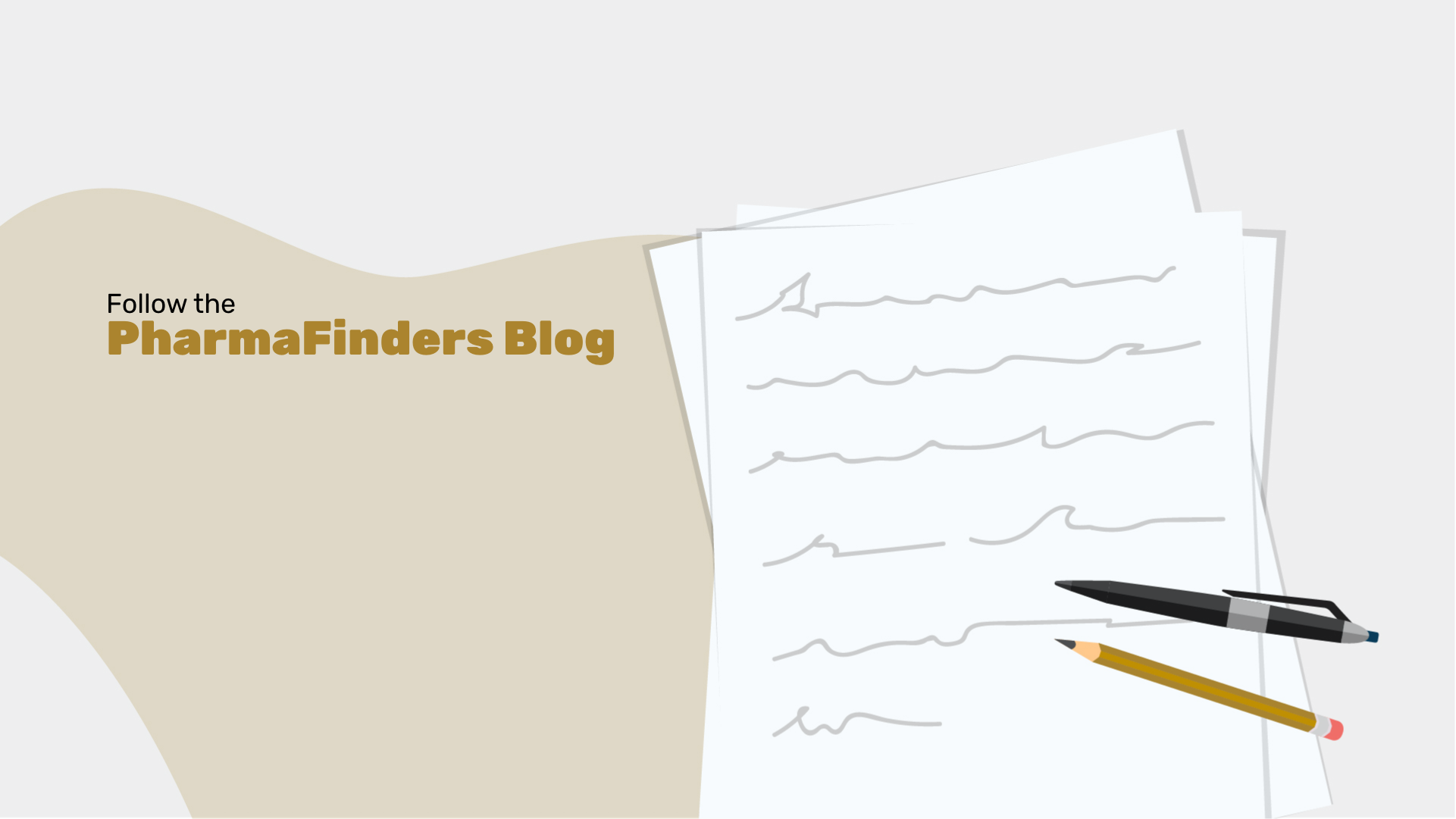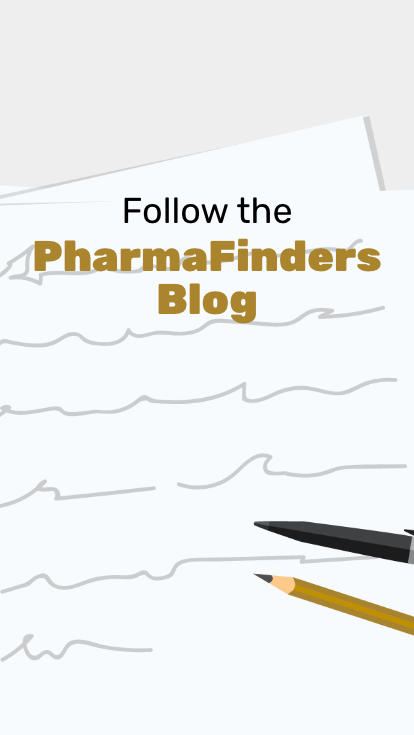We often make the comparison of interviewing to dating because there are so many similarities. They are both information-gathering sessions, a series of exchanges where you’re learning about each other and trying to determine the level of compatibility for the future. The point of interviewing is to find a good fit- both for you and the company you’re interviewing with. You wouldn’t want to go on a date and only be asked questions. It’s expected you would have some questions of your own before deciding to go on another date. Let’s figure out how to ask the best questions so you can gather the information that is important to you!
REMEMBER: Interviewing is a two-way street. You shouldn’t be the only one under the microscope. After all, job changes are a big deal that can majorly impact your day-to-day, so it’s important to have the best information you possibly can as you’re making your decision.
You can start out really excited about a certain prospect, but as you learn new information you decide it’s not the best fit. You also may not want to commit to the first person you go on a date with, and that’s normal too. As my grandmother says, “you might have to kiss a lot of frogs”.
We want you to kiss the least number of frogs as possible, so a large part of our job is helping you prepare for your upcoming interviews. That includes helping YOU ask the right questions to make sure you’re getting the information needed to ensure there’s a great fit on both sides.
-FRAMING YOUR QUESTIONS IS CRUCIAL!
For the most part, I personally don’t think there are too many topics that are off-limits. It’s all in the way you frame your questions. That being said, there are people and timing to consider when figuring out who/when will be the most APPROPRIATE to ask your questions to.
For example– You don’t want to ask the hiring manager in your first conversation with them about the 401K match policy. This would be a more appropriate question for your conversation with HR.
How you frame your questions isn’t only about the words you’re using, but also the tone and context, so be mindful of those components as well.
For example– Metrics/KPIs are an important topic to cover during your interview to figure out if the role and expectations will be feasible for both sides. Instead of asking “So what are the metrics going to be for my territory?”, you could frame it a bit differently while still gathering the same information by asking “What specifics can you share about the expectations for KOL engagement for my territory? Especially as things have shifted with COVID over the last couple of years, I want to be sure I fully understand how INSERT COMPANY is considering activity as I know each company does things a bit differently.” You could even offer a bit more detail about what your current day-to-day looks like and break down of virtual vs. in-person, etc. if appropriate to help give a framework for comparison.
-DON’T BE BASIC.
Canned questions that aren’t specific to the company you’re interviewing with can be a killer. It can come off as disinterest in the role and lazy. That’s not to say you can’t ask a common question that you might have for multiple companies you may be interviewing with, but just put some flavor into it for the company you’re meeting with.
For example– “What are your biggest priorities for the person who will be stepping into this role?” is a solid framework for a question you can ask, but you can make it a bit more specific. “With your PDUFA date around the corner, I would assume pre-launch activities would be a large priority for the person entering the role, but I would love to hear from you about your biggest needs for the person coming into this geography.”
Have different questions for the different roles you’re interviewing with. Think about that person’s position and your interaction with that role and what you can learn from that interviewer.
For example– If you’re meeting with the VP of Medical Affairs or CEO- think big picture, strategic questions. If you’re meeting with MSLs on the team, those would be great people to learn more about the firsthand day-to-day activities, how they work together, cross-functional work.
The questions you ask can go a long way to demonstrating your interest in the role while also getting you the information you need to make the best decision on your next role. They’re a great way to show you’re engaged and excited without having to wave a flag in the air saying, “I want this job”. You’re showing your interest by the level of effort you’re putting into the process, rather than just saying “I’m interested”. In my book, actions always speak a lot louder than words!
-QUICK REMINDERS.
In an interview (also just in life) there are a lot of things we can’t control, but the focus should be on what we CAN control. The level of effort you put into the preparation is something you have control over and the questions you ask can put you over the edge. It’s all the little things that add up to make the final impression. Asking engaging, thoughtful questions not only shows the interviewer that you’re interested, but it can also help you gather the information you need to decide if this is the right company and role for you.
You can formulate a “baseline” question you ask each person you meet with to gauge the responses and compare.
For example– “I was speaking with X earlier today and we were chatting about their priorities for the person stepping into this role, as an MSL I’d love to learn more about where you’re spending your time and some of the biggest priorities for your region.” OR “I always enjoy learning about what draws people to an organization, could you share some of your favorite parts about working here?”
Use previous meetings with other interviewers on your agenda for fodder for additional conversations.
For example– “In the call with X they mentioned they really enjoyed the onboarding process, but we didn’t have much of a chance to get into a lot of detail, could you share more about what the training and onboarding process would look like?”
I hope this was helpful in gI hope this was helpful in getting the wheels spinning on creative and insightful questions you can ask during your next interview. Also, be sure to stop by our RESOURCES page (totally free, BTW) to find other helpful tools to help you get ready for your upcoming interviews!
Best of luck in your job search!
-Crecia


